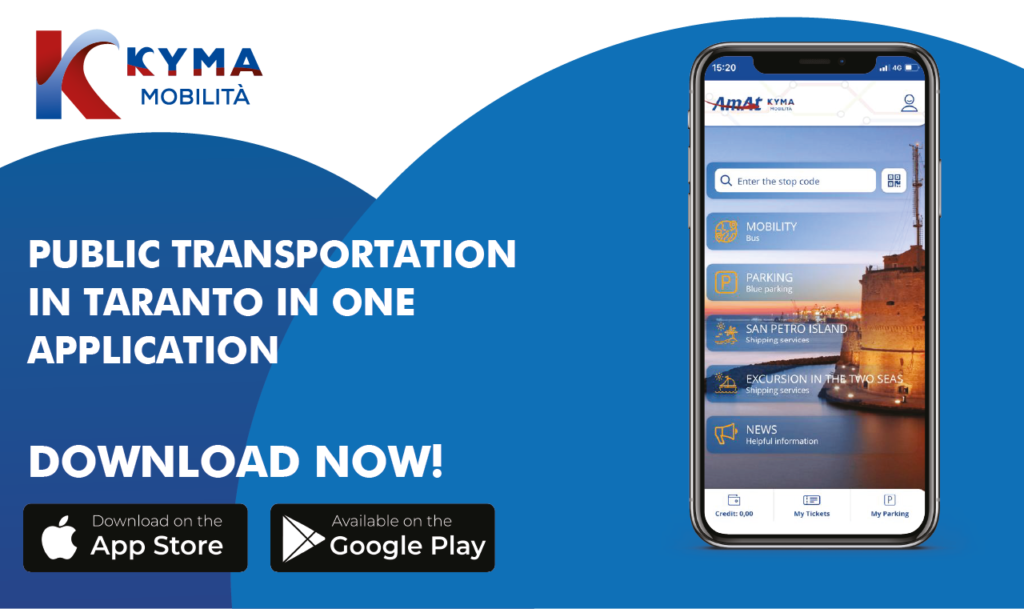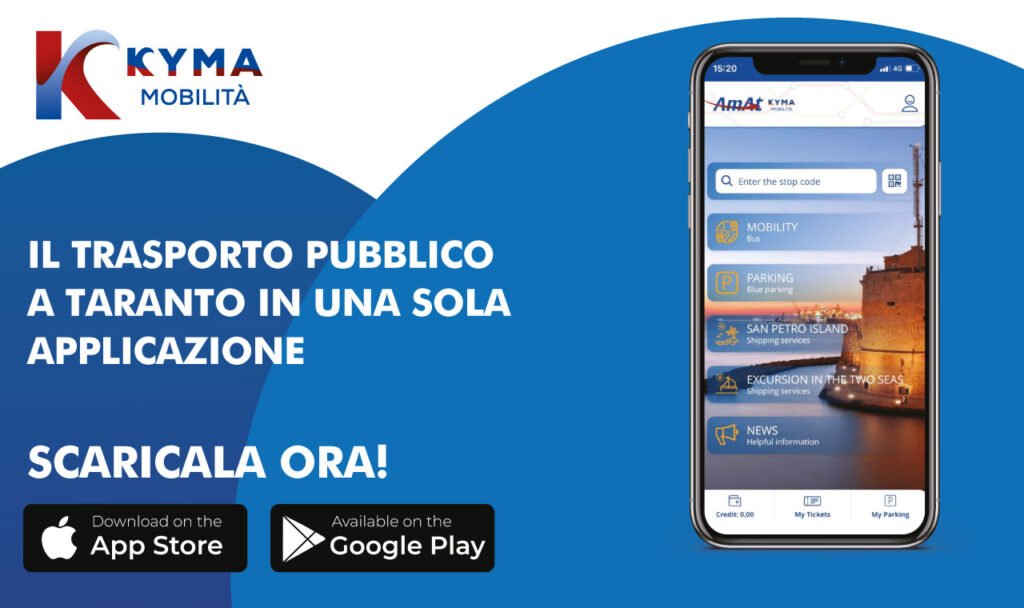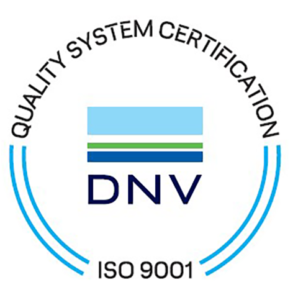The KYMA MOBILITÀ Company
Rooted in the Ionian territory for more than a century, KYMA MOBILITÀ historically represents public transportation in Taranto.
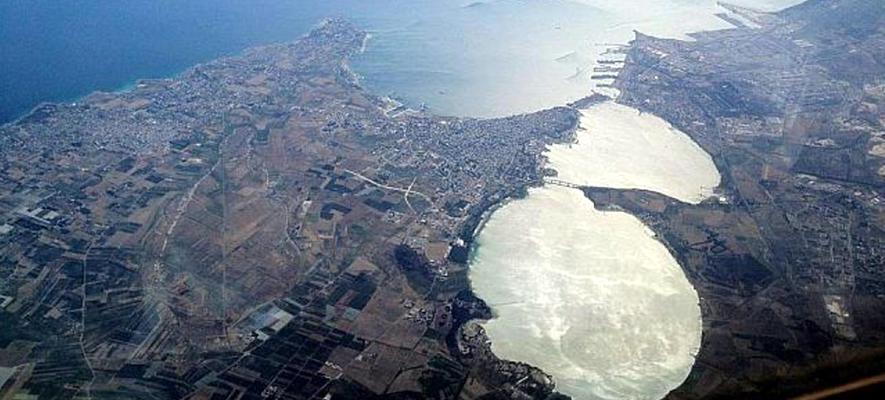
KYMA MOBILITÀ is the Company that manages public transportation service throughout Taranto municipality, fully respecting the environment and operating with a view to continuously improve service quality.
We enable thousands of users every day to reach within minutes focal points of the city, by providing different kinds of transportation, from buses to the waterway.
Through dynamic advertising on public transportation, KYMA MOBILITÀ is also a winning alternative to traditional means of communication and promotion.
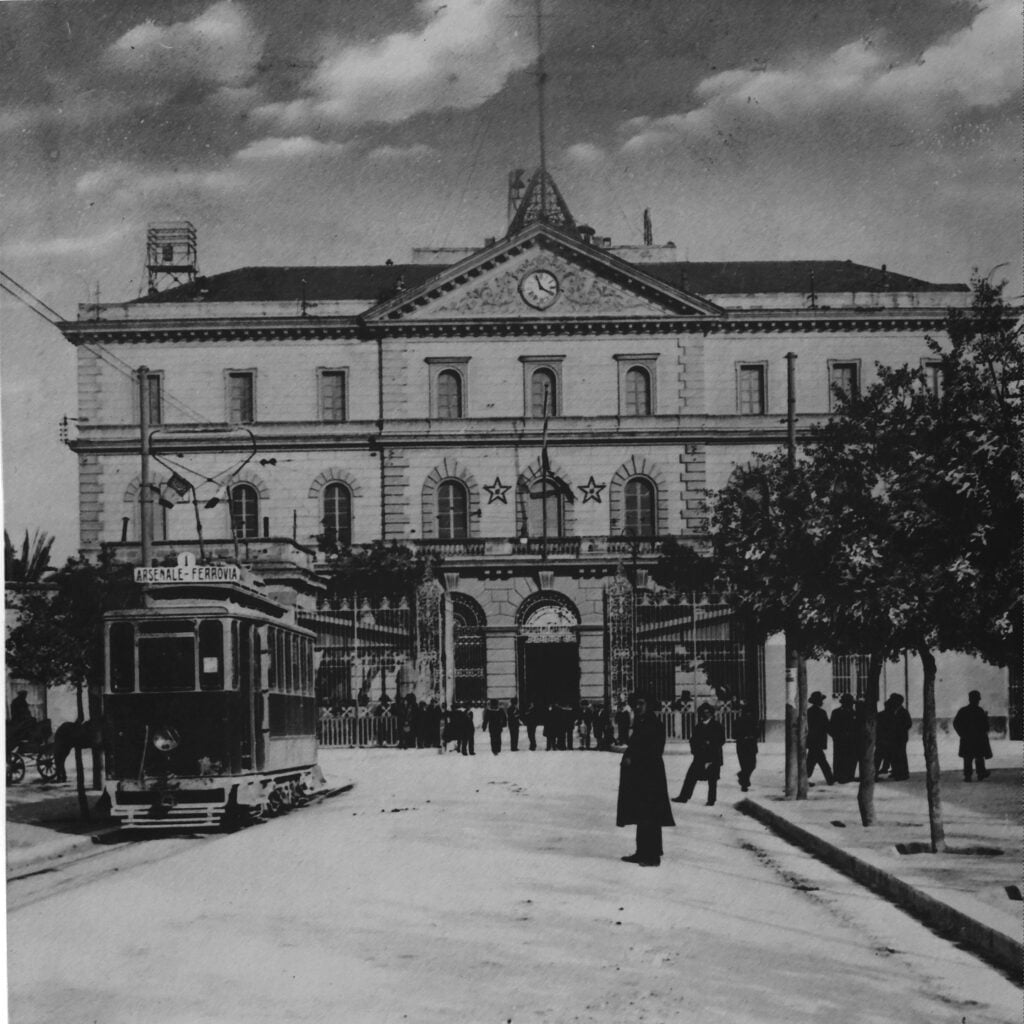
The history of Mobility in the Taranto area began before the invention of the automobile.
It was 1885 when, following the construction of the Military Arsenal, it became necessary to establish a public transportation service: there were many workers moving to our city from the provinces of Lecce and Brindisi. In those years, private transportation was a luxury for the few: even bicycles were very rare !
The first horse-drawn omnibuses intended for public transportation belonged to Michelino Cacace’s company, which received special permission from the Regia Marina in order to be able to pass over the Ponte Girevole. Rereading the documents of the time, it makes one smile to learn that no farm animals were allowed on the cars and that access was not allowed to anyone who was not decently dressed.
At the turn of the 1800s and 1900s , as public transportation in Taranto transited from one entrepreneur to another, the concept of mobility evolved. The effects of the Industrial Revolution, although with a delay compared to the rest of Italy, were also beginning to be felt in southern Italy. Taranto was beginning to establish itself, even then, as a focal point for industry and trade.
It was necessary to meet modernity: it was necessary to move on streetcars! Taranto’s roads, however, had been built “carriage-friendly”, this reason why, before the transit of heavy vehicles, thought had to be given to modernizing and adapting the routes. The streets of Taranto were redesigned and widened to allow for the laying of tracks.
Engineer Vallecchi designed the reinforcing structure of Corso Vittorio Emanuele.
Also in 1918 the company “The Taranto Tramways and Electric Supply Cp.Ltd” was incorporated and registered in London, which in Italy took the name of “Società Tramvie Elettricità Taranto” (STET).
Once the negotiations with the Regia Marina for the transit of the vehicles over the Rotating Bridge had been completed, all that remained was to draw up the final contract: it was July 6, 1920!
Work began shortly thereafter. The task of directing them was given to Eng. Alfieri.
Corso Vittorio Emanuele II, as envisioned in the 1918 plan, was widened and reinforced, thanks to the construction of supporting pillars planted in the sea. This enabled the placement of the tracks. As an indication of the quality of the design and work, is sufficing to say that the structure we still admire and pass over today is the same one designed in 1918!
After new cars were purchased, on February 15, 1922, two lines were inaugurated: line 1, which connected the station to the Arsenal, and line 2, which led to the Solito district.
Unfortunately, after a few years, the society was dissolved due to the financial collapse of its president.
Fortunately, the company was never formally dissolved or put into liquidation. In those difficult years, therefore, it managed to survive, albeit with great problems, thanks to the representation of Italy, Eng. Vallecchi and Baron Pantaleo.
Loyalty to the Company was not enough, however, to meet the needs. Scarce economic resources, in fact, did not allow the renovation of facilities.
There was only one solution : a change at the top of the Society. Indeed, the desire to improve the efficiency of public transportation services in Taranto had not waned despite the many impediments.
Having reached the end of the 1930s, air of war was beginning again to be breathe in Italy.
KYMA MOBILITÀ at that time was still in British hands. At the outbreak of war, therefore, it was seized and put into liquidation by the Fascist government. The service continued, however, so that many workers could travel to the Arsenal.
After the armistice, the Company came under the employ of “Property Control” (Allied Property Control).
The fiscal years following the conflict closed in the profit, and the debts protracted during the periods spent under the administration of British contractors could begin to be repaired.
In 1948 the tramway operators of Taranto formed a joint-stock cooperative with limited liability, the “Taranto Tramway and Bus Company” s.r.l., abbreviated in italian as STAT.
The tramway system was radically changed. The first buses were purchased, and with prior arrangements made with the municipality, it was decided to eliminate the tramway section of Line 1 and Line 2.
From 1950 buses replaced streetcars. Urban public transportation service was then entrusted to STAT, which later became AMAT, an italian acronym for Taranto Area Mobility Company, and today KYMA MOBILITÀ.
In the 1960s the Company operated in a thriving and promising economic reality, with the steel plant driving the entire economy of the city.
Most important was the role of the Company in the 1970s. The oil crises of 1973 and 1979 and high inflation imposed restrictions on the use of private cars. The municipality arranged for free use of public transportation.
Despite the period of social crisis, the then AMAT increased and improved the service in every respects. From 1974 it was also possible to buy tickets on the ground: thus the figure of the ticketmaster began to disappear. Bus shelters were built at each stop, and service cages were located at all terminals for the traveling staff.
KYMA MOBILITÀ S.p.A. runs automotive LPT services, developing the dominant part of its mileage in the municipal area (7,003,255 km/year authorized out of the total of 8,391,012, or about 84%). The relationship between the Municipality of Taranto and KYMA MOBILITÀ S.p.A. is regulated by a service contract signed on September 29, 2017 and having a nine-year term, ranging from September 30, 2017 to September 29, 2026.
In addition to the aforementioned automobile services falling under the planning and administrative competence of the Municipality of Taranto, from which Institution it received the relative entrustment through the management model of “in house providing,” KYMA MOBILITÀ S.p.A. exercises the suburban automobile public transport service involving the territories of the adjoining municipalities of Leporano and Statte, developing the annual mileage of 1,387,757 authorized kilometers (16% of the total approximately). The Province of Taranto entrusted, during 2004, the management of the suburban network attributed to its jurisdiction, including the aforementioned lines to Leporano and Statte operated by KYMA MOBILITÀ S.p.A., to the Consorzio Trasporti Aziende Pugliesi (Co.Tra.A.P.), which was the successful bidder in a public bidding procedure specifically carried out for this purpose.
The Co.Tra.A.P., in turn, delegated KYMA MOBILITÀ S.p.A. the management of the services already exercised by it, as a consortium member, with a 2% share, regulating the relationsjip with a special service contract, signed by the Consortium and the Company on February 11, 2005 and having a nine-year duration between January 1, 2005 and December 31, 2013. Currently, the Service Agreement is being extended until services are re-trusted by the optimal territorial fields, accordind to Art. 30, paragraph 4°, of Regional Law 30/12/2013, No. 45.
Taranto’s urban public transport network, entrusted to KYMA MOBILITÀ S.p.A. by Taranto City Council Resolution No. 102 of Dec. 22, 2003, also includes a public transportation service performed by maritime mode, for which said municipality holds specific administrative delegation conferred by the Regional Council by resolution no. 996 of 01/07/2003. By subsequent resolution no. 618 of May 21, 2007, the Regional Council qualified as a “minimum” service, thus with charges to be borne on the regional budget, the seasonal service connecting the island of St. Peter, activated in the 2007 summer season, after signing the relevant service contract with the municipality.
In a further resolution No. 780 of May 13, 2009, the Apulia Regional Council authorized the extension of the maritime transport seasonal service, which was granted by resolution No. 618 dated 05/21/2017, to the months of April and May, with the primary purpose of matching the transportation demand of educational institutions. By the same measure, the Council redetermined the mileage fee payable to KYMA MOBILITÀ S.p.A. for the new total mileage authorized during the period of service performance (April 1-September 15 each year).
The service is currently regulated in the same service contract signed for public transportation by car mode, dated September 29, 2017 and having a nine-year term between September 30, 2017 and September 29, 2026.
As of August 1, 2007, KYMA MOBILITÀ S.p.A. also carries out, on behalf of the Municipality of Taranto, the management of regulated parking in the city center, following direct entrustment in the form of “in house providing,” deliberated by the Municipal Administration on the basis of a detailed business plan capable of demonstrating the economic convenience of this management model for the entrusting Entity. The entrustment of the parking fee collection revenues is currently governed by a five-year service contract, signed on 02/03/2017, expiring on 12/31/2022 and extended to 12/31/2023.
The City
Taranto is the second largest municipality in the Apulia region and, by population, the seventeenth largest in the nation. Known as the “City of the Two Seas” for its geographical position astride the Mar Grande and Mar Piccolo, as the “Land of the Dolphins” for the historic settlement of a group of cetaceans beyond the Cheradi Islands, as well as Spartan City, having been founded by the Partheni as the only Spartan colony outside Greece territory, it geographically constitutes the mouth of the Salento peninsula, and thus one of its ideal summits.

